An IP address is a unique identifier for devices on a network. It allows these devices to communicate with each other over the internet. Think of it as a home address for your computer or smartphone, guiding data to the correct destination.
There are two types of IP addresses: public and private. Public addresses are visible on the internet, while private addresses are used within local networks. Understanding IP addresses is essential for navigating the digital world and ensuring secure online communication.
IP Address Definition
An IP address is a unique label assigned to each device connected to a network. It enables devices to communicate with each other over the internet. Understanding this concept is crucial in today’s digital world.
When you send data, your IP address acts like a return address on an envelope, ensuring the information reaches the correct destination. This unique identifier is essential for internet connectivity and data transmission.
What is an IP Address?
An IP address consists of a series of numbers separated by periods. For instance, an example of an IPv4 address is 192.168.1.1. Each segment can range from 0 to 255. This structure helps in identifying devices on both local networks and the internet.
There are two versions of IP addresses: IPv4 and IPv6. IPv4 is more common, but IPv6 was introduced to meet the growing demand for more addresses. This evolution is vital for the future of network communication.
How Do IP Addresses Work?
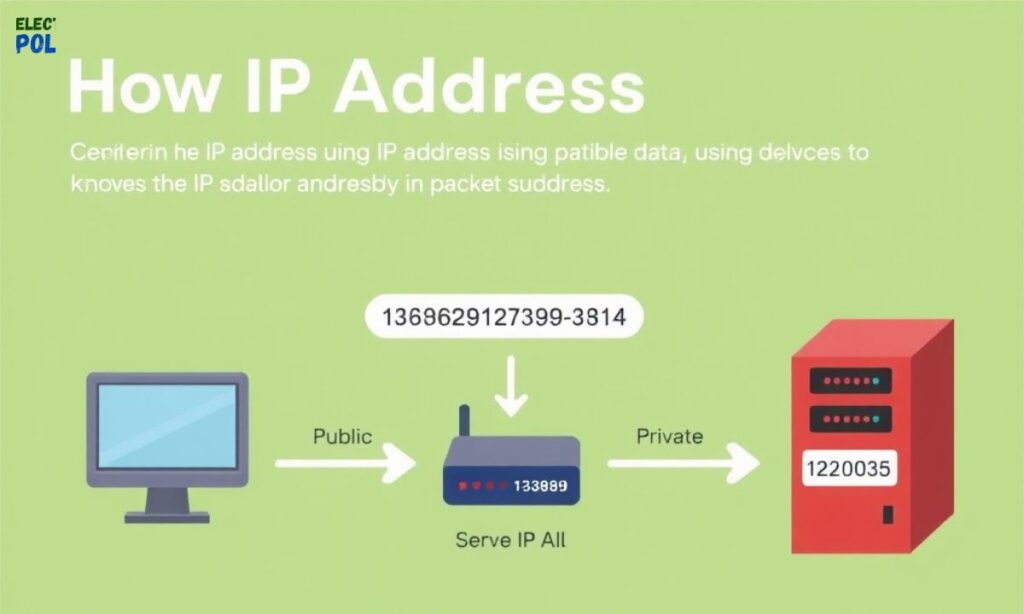
IP addresses function by utilizing protocols to facilitate communication. When you connect to a network, your device receives an IP address from a DHCP server. This process is essential for address resolution.
Once assigned, the IP address allows your device to send and receive data. Each packet of information includes the destination IP address, ensuring that it reaches the correct endpoint. This system is fundamental for effective packet switching.
Types of IP Addresses
There are several types of IP addresses based on their use and functionality. Understanding these types helps in managing network resources effectively. The main types include private and public addresses.
Consumer IP Addresses
Every internet user has at least one public IP address and multiple private IP addresses. The public address is visible on the internet, while private addresses are used within local networks. This distinction is crucial for privacy and security.
In home networks, devices like smartphones and computers are assigned private IP addresses. This allows them to communicate with each other while sharing a single public IP address assigned by the ISP.
Private IP Addresses
Private IP addresses are used within local networks. They enable devices to communicate without being exposed to the wider internet. This is essential for maintaining network security.
Common ranges for private IP addresses include 192.168.x.x, 10.x.x.x, and 172.16.x.x to 172.31.x.x. These addresses are not routable on the internet, providing an added layer of protection.
Read this Blog: Understanding The Controversy Surrounding Rainbow Kiss Videos
Public IP Addresses
A public IP address is assigned to a network by the ISP. This address is used for communication between your network and the internet. All users in a network share this address.
Public IP addresses come in two forms: dynamic and static. Both play vital roles in how networks function and interact with the internet.
Dynamic IP Addresses
Dynamic IP addresses are temporary and can change frequently. ISPs assign these types of addresses to manage their pool of available addresses. This approach helps them save resources.
When you reconnect to the internet, your device may receive a different dynamic IP address. This variability enhances online privacy and security, making it harder for attackers to target specific users.
Static IP Addresses
In contrast, static IP addresses remain constant over time. These addresses are essential for devices that need a permanent presence on the internet, like servers. They facilitate easier access and management.
Businesses often require static IP addresses for hosting websites and services. This consistency is crucial for maintaining connectivity and ensuring uninterrupted network communication.
There Are Two Types of Website IP Addresses
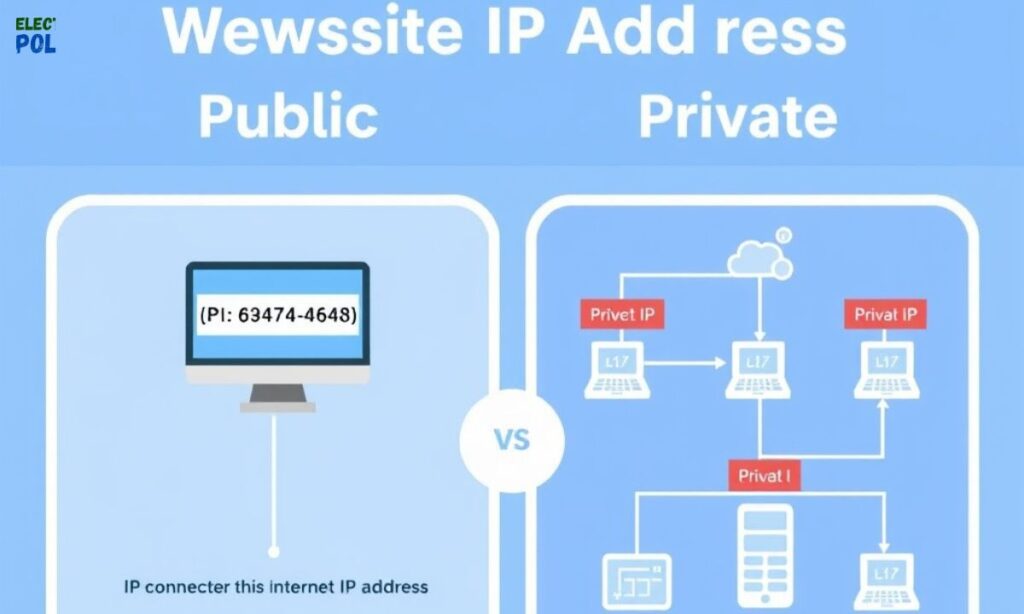
When it comes to hosting websites, there are two primary types of IP addresses: shared and dedicated. Understanding these types is vital for website management.
Shared IP Addresses
Shared IP addresses are used by multiple websites hosted on the same server. This arrangement is common in budget hosting plans, making it a cost-effective option for many users.
While sharing an IP address can save money, it may impact performance. If one site experiences heavy traffic, it can slow down the others sharing the same resource.
Dedicated IP Addresses
A dedicated IP address is assigned to a single website or service. This exclusivity offers several advantages, such as better performance and enhanced security features.
Dedicated IP addresses are often preferred by businesses that handle sensitive data. They simplify the setup of SSL certificates and improve overall network security.
Unlock Freedom & Privacy – Free VPN Trial Inside!
Using a VPN (Virtual Private Network) can enhance your online privacy and security. A VPN masks your IP address, making it harder for third parties to track your online activities.
By connecting through a VPN, your internet traffic is encrypted. This protection is particularly important when using public Wi-Fi networks, where data theft is a significant risk.
How to Look Up IP Addresses
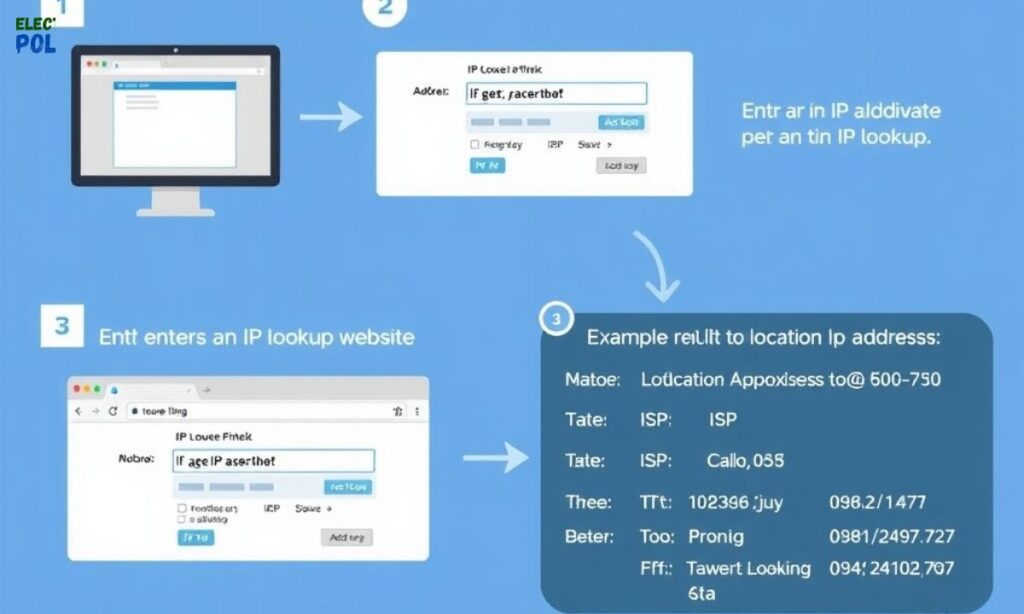
To check your IP address, simply search “What is my IP address?” on Google. This query reveals your public IP address at the top of the search results.
Various websites also provide IP lookup services, displaying not just your IP address but also your ISP and approximate location. This information can be useful for troubleshooting connectivity issues.
IP Address Security Threats
Understanding IP address security threats is crucial in protecting your online identity. Cybercriminals can exploit vulnerabilities in various ways, leading to significant risks.
Online Stalking
Online stalking is a serious issue where attackers track your IP address to gather personal information. This process often begins with seemingly innocent interactions online.
Once they obtain your IP address, attackers can use geolocation techniques to pinpoint your location. This information can lead to further harassment or even physical threats.
Downloading Illegal Content Using Your IP Address
If someone gains access to your IP address, they may use it to engage in illegal activities. This can include downloading pirated content, which can result in legal repercussions for you.
Your ISP can trace these actions back to your IP address, potentially leading to fines or other legal actions. It’s essential to secure your IP address to avoid such risks.
Read This Blog: Integra Essentia Share Price Target 2024, 2025, 2030
Tracking Down Your Location
Knowing your IP address allows cybercriminals to track your general location. This information can be used maliciously, including planning burglaries when they know you’re away.
Protecting your IP address is crucial for maintaining your privacy and security online. Consider using a VPN to shield your location from prying eyes.
Directly Attacking Your Network
Hackers can target your network directly if they know your IP address. One of the most common methods is a DDoS attack, which overwhelms your network with traffic.
This attack can disrupt your internet service and make your devices inaccessible. It’s essential to implement security measures to safeguard against such threats.
Hacking Into Your Device
Cybercriminals can exploit vulnerabilities associated with your IP address to gain unauthorized access to your device. This can lead to data theft and malware infections.
To protect against these risks, maintain strong security protocols and regularly update your devices. Employing security software can also help in preventing such breaches.
How to Protect and Hide Your IP Address
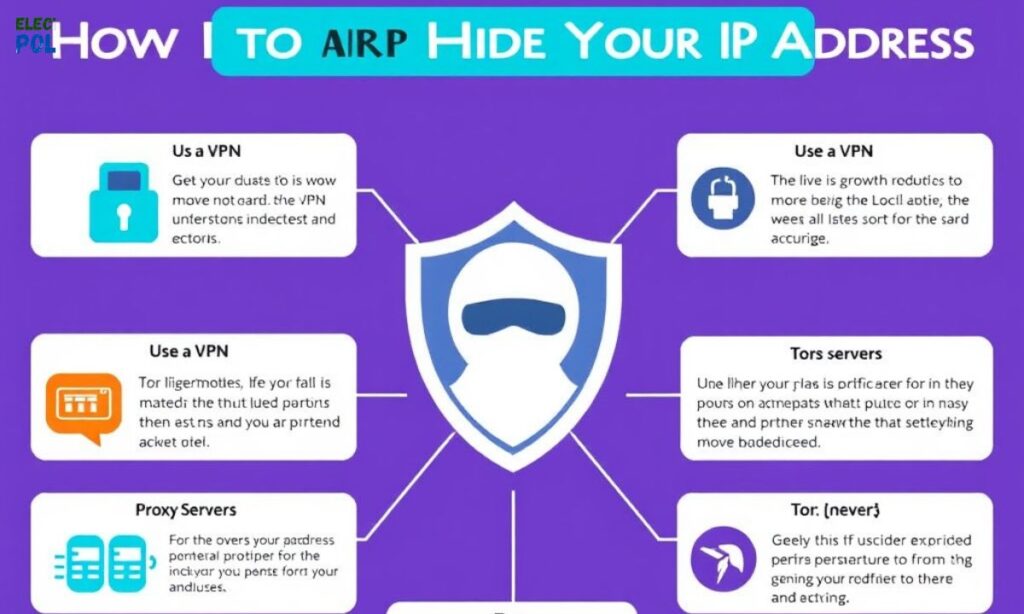
There are several effective strategies to protect and hide your IP address. These methods enhance your online security and privacy.
When Should You Use VPN?
Using a VPN is advisable in various situations. It provides an extra layer of security while browsing, especially on public networks.
Other Ways to Protect Your Privacy
In addition to using a VPN, there are other measures to safeguard your IP address and maintain your privacy.
Change Privacy Settings on Instant Messaging Applications
Adjusting privacy settings in messaging apps can limit who can contact you. This reduces the chances of someone obtaining your IP address through direct communication.
Create Unique Passwords
Using strong, unique passwords for all your accounts adds a layer of security. Strong passwords help prevent unauthorized access, protecting your IP address.
Stay Alert to Phishing Emails and Malicious Content
Be cautious of emails from unknown senders. Phishing attacks can compromise your device and expose your IP address. Always verify the source before clicking links.
Use a Good Antivirus Solution and Keep It Up to Date
Installing reputable antivirus software can protect your device from malware and other threats. Regular updates ensure that you have the latest security features.
Frequently Asked Questions
What is an IP address?
An IP address is a unique identifier for a device on a network, enabling communication over the internet.
How can I find my IP address?
You can find your public IP address by searching “What is my IP address?” on Google.
What is the difference between dynamic and static IP addresses?
Dynamic IP addresses change periodically, while static IP addresses remain constant over time.
Why should I use a VPN?
A VPN enhances your online privacy by masking your IP address and encrypting your internet traffic.
What are the risks of exposing my IP address?
Exposing your IP address can lead to cyberattacks, online stalking, and privacy breaches.
Conclusion
In conclusion, understanding IP addresses is essential in today’s digital landscape. They play a critical role in internet connectivity and network security. By protecting your IP address, you enhance your online privacy and safeguard your personal information.

I’m passionate electric scooter enthusiast and the voice behind this blog. I’m here to share my expertise and insights with you. From in-depth reviews to problem-solving guides, my goal is to help you make the most of your electric scooter experience.
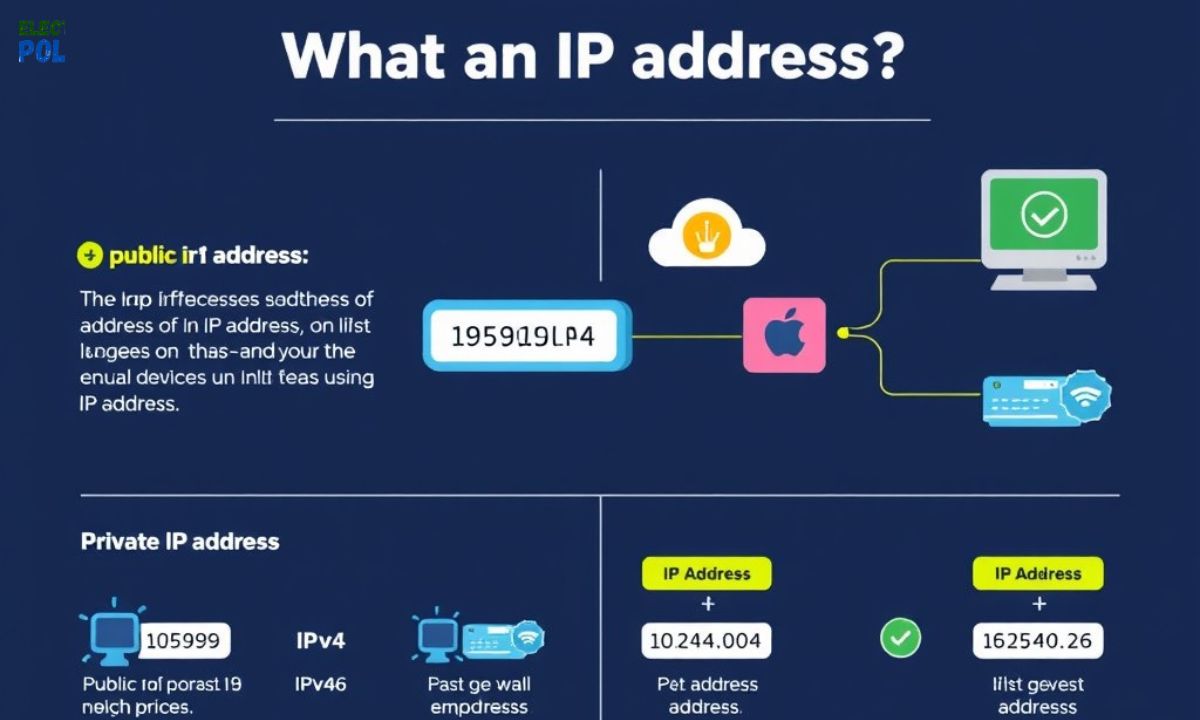







![Gomyfinance.com Invest: I Made $5,000 in My First Month [Real Results 2025]](https://electopolo.com/wp-content/uploads/2025/05/Gomyfinance.com-Invest-I-Made-5000-in-My-First-Month-Real-Results-2025-150x150.jpg)


